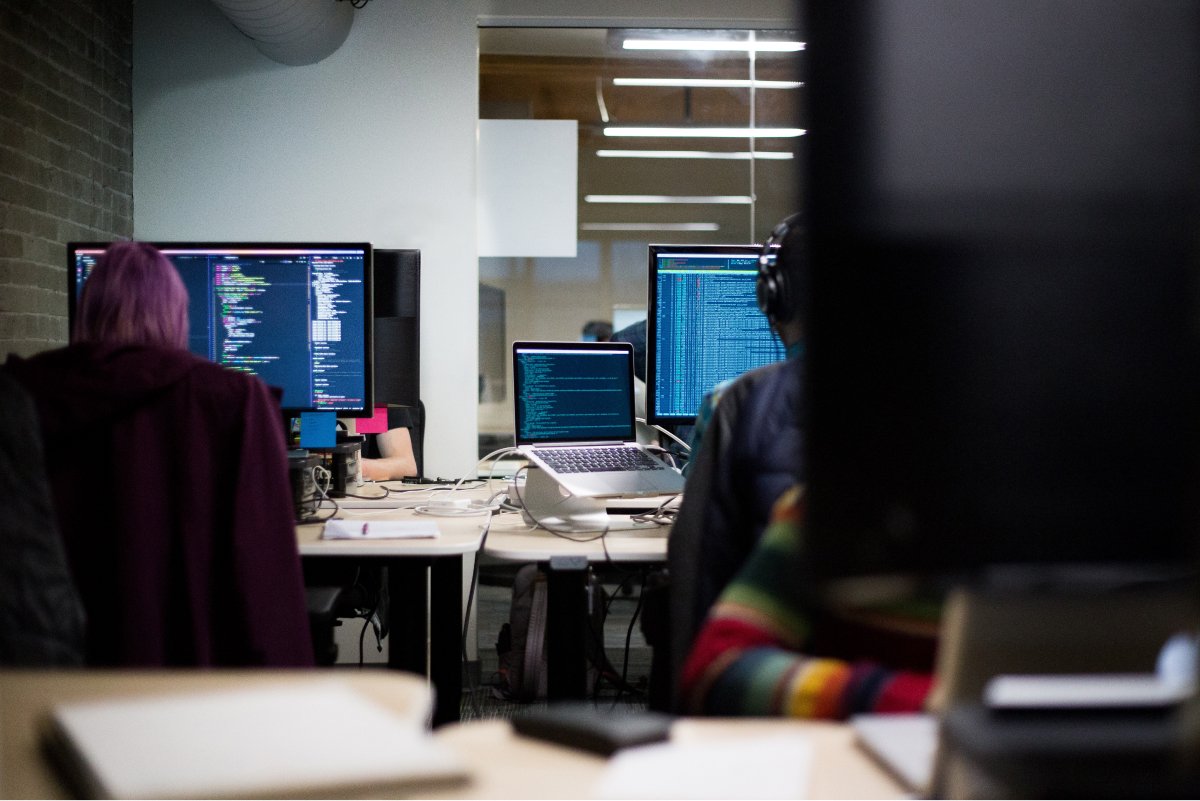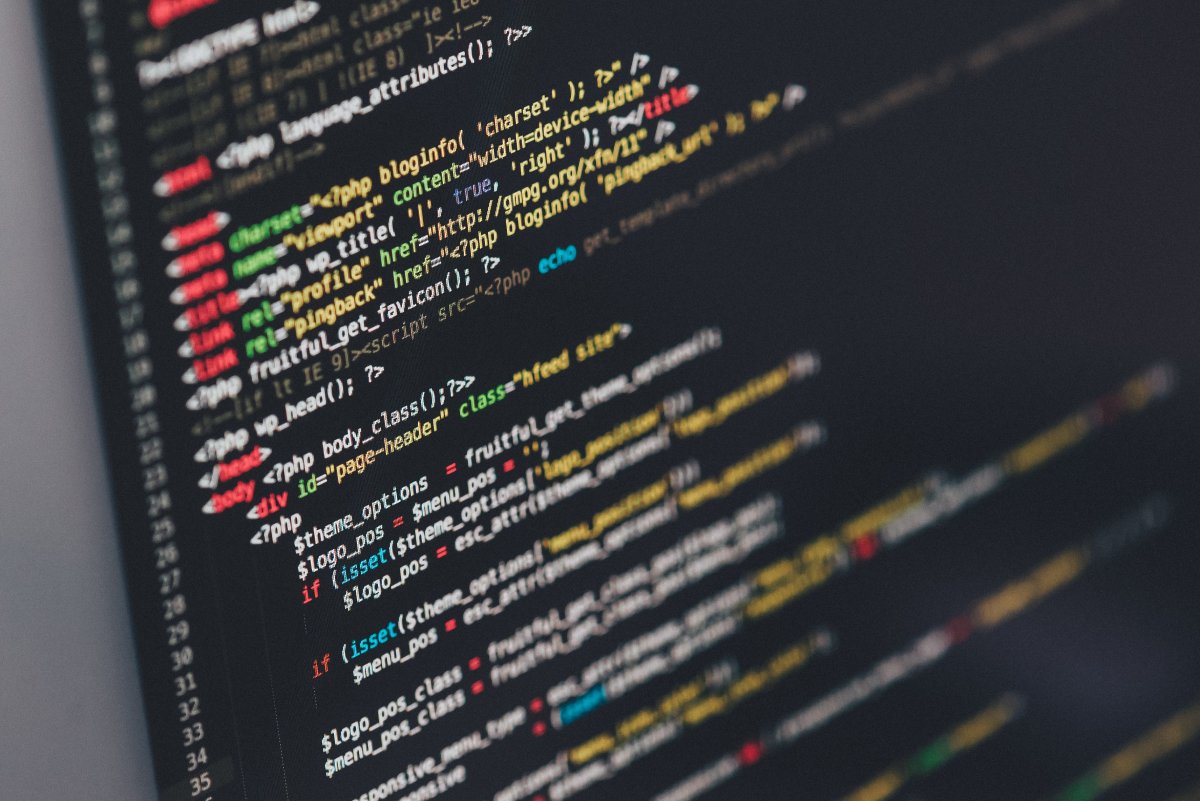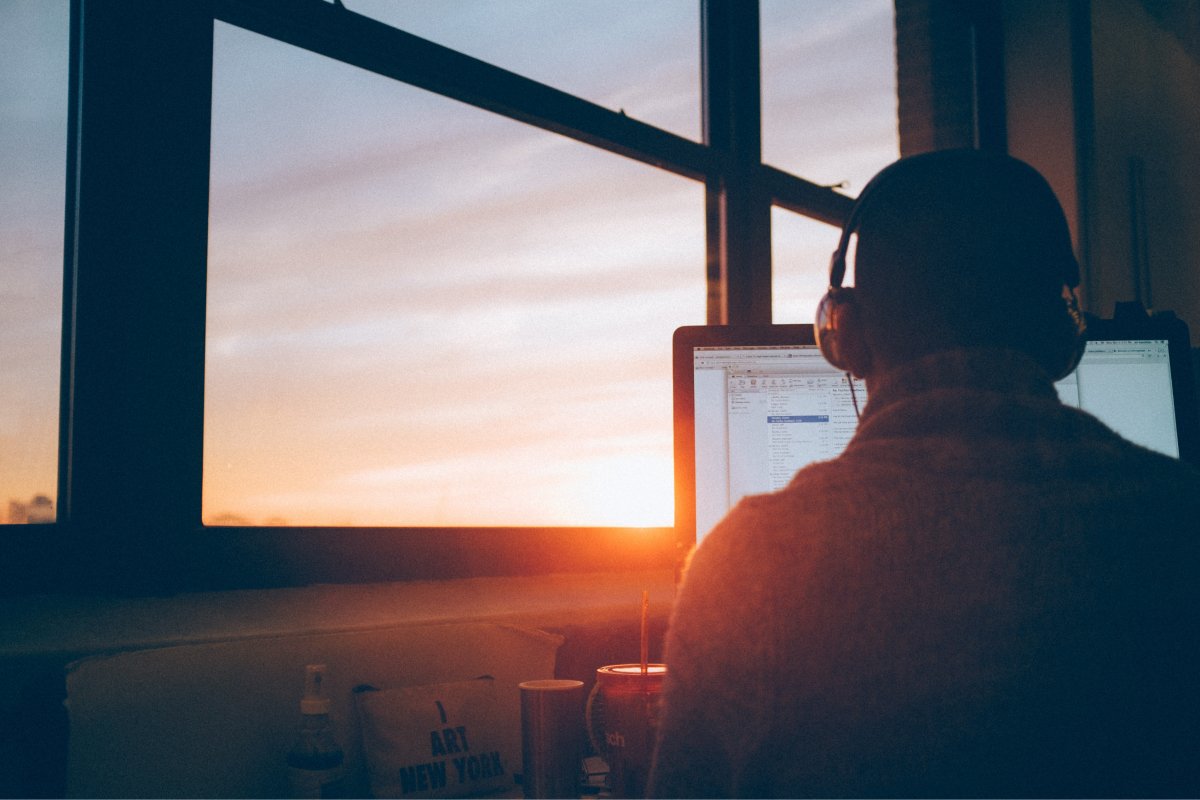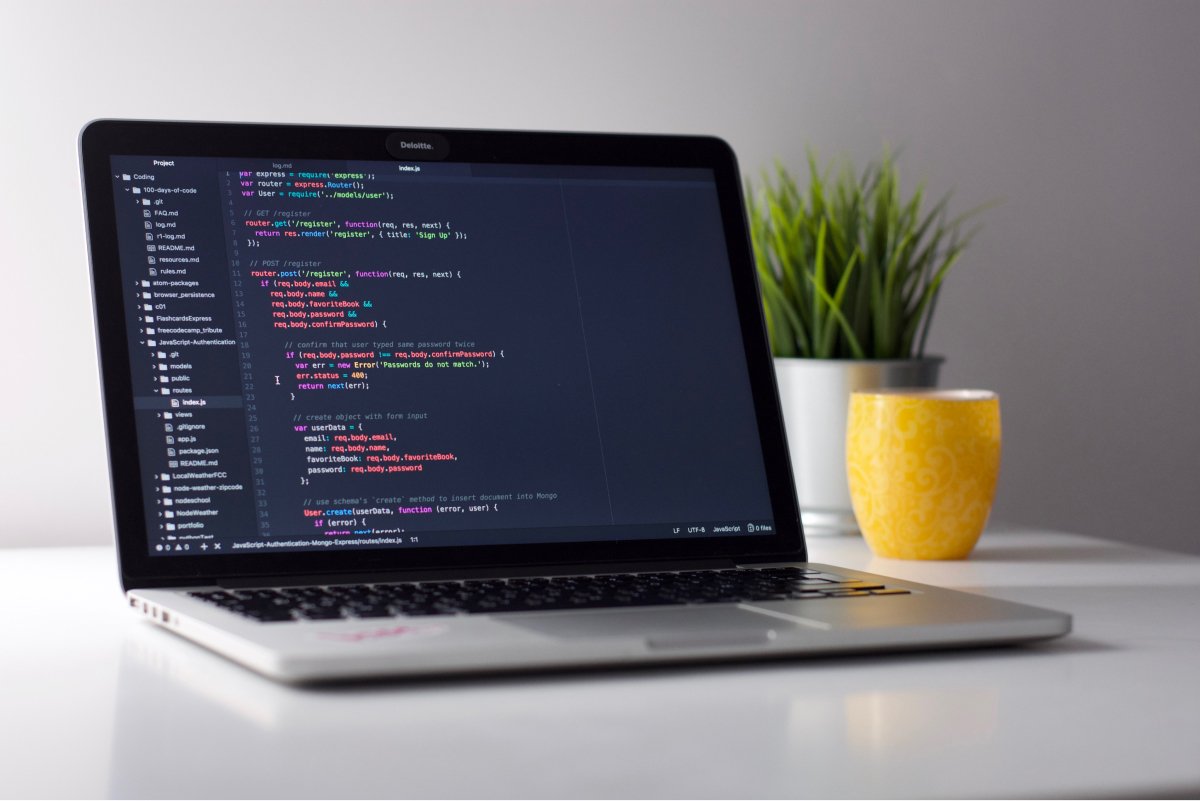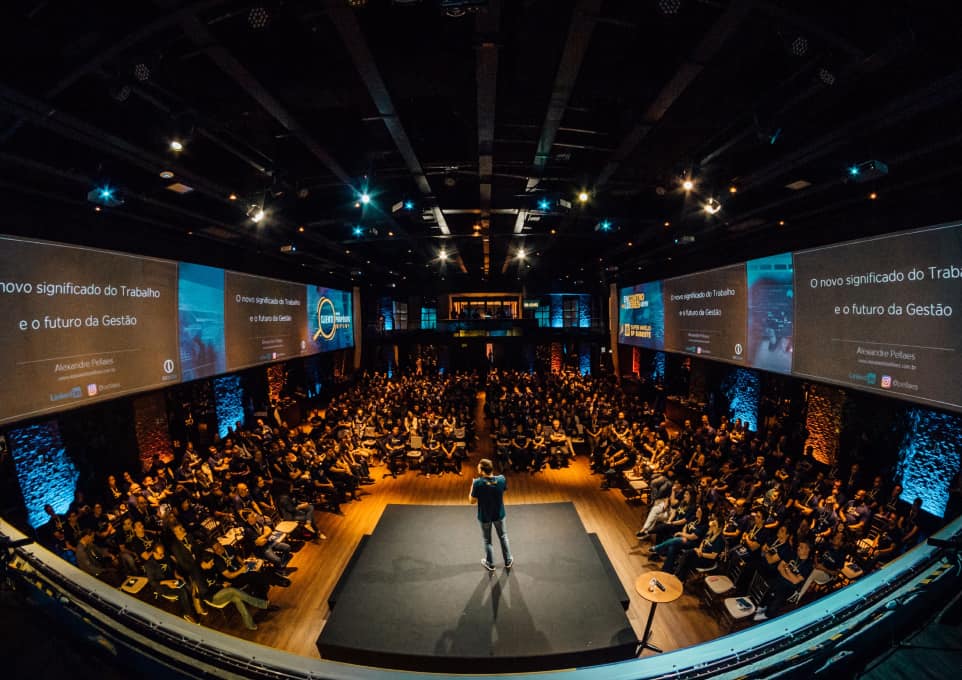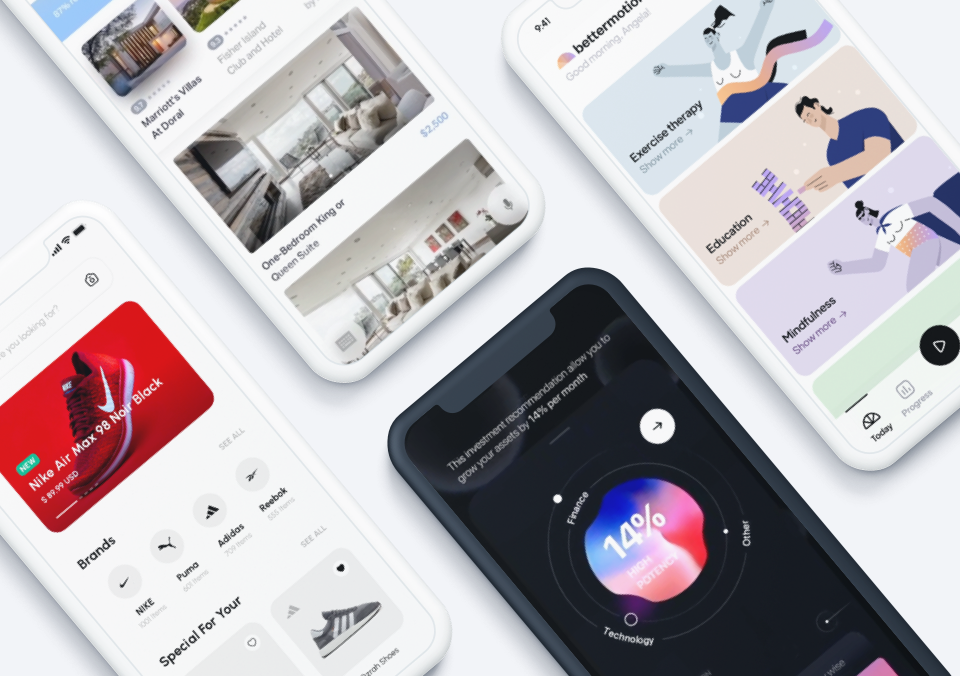Like any other profession, successful mobile app developers work in many different ways. Some need uninterrupted quiet time while they code into the wee hours of the morning, while others need to take a break every half-hour or so. If you ask the ten best mobile app developers in the world what their routine is like, you’ll probably get 10 different answers, but that’s kind of our point.
Everyone works differently, and there are many factors involved — age, experience, stress, distractions, anxiety, health, etc. Even your own routine can (and probably will) change as your life changes. There’s not one, solitary road to success in any industry, but there are some common themes and personality traits.
To get a better idea of what a day in the life of a successful app developer looks like, we talked to quite a few of them. As we suspected, they had a lot of different takes on the matter, but there was a lot of overlap as well. Here’s what they said.
Breaking Down the Day: An App Developer’s Morning
First Thing: Check What Broke Overnight
For anyone who works in information technology — regardless of their role, whether it’s computer support, database management, or development — this sentiment is probably quite familiar. Bugs are a constant curse of any developer, no matter how thorough your QA and testing is.
Perhaps digging through support tickets isn’t the most fun way to start your day, but it’s a great way to understand your users better.
That’s exactly what Zach Hendrix, co-founder and developer of the mobile app GreenPal, does. Hendrix spends “15 to 20 minutes [at the beginning of his day] sitting down and answering the customer support tickets that came in throughout the night before.”
Hendrix says that staying involved with customer support issues (especially in relation to technical support issues) helps him stay grounded — to keep in mind “that the customer is the center of everything we do and to keep myself close to their perspective and their logic.”
Not all app developers are right in the thick of customer service — this will depend on the size of your company and your specific role within it (i.e. contract work versus a salaried employee). Regardless, keeping up with things that are broken in real time is a much quicker, easier, and cheaper way to operate than patching them up with glue and deciding to get to them later.
Over time, small issues fester, grow, and cause additional problems. Patches are only patches for so long. At some point, you end up with an unstable framework resembling a house of cards. One wrong move and the whole thing topples to the ground. What might have once been a three-hour job can turn into a total rewrite if you let it go long enough. While Hendrix told us his morning routine might be unorthodox, in this regard, it actually makes total sense.
Touch Base with Coworkers and Clients
After you’ve had a chance to get your bearings for the day — you’ve checked your email and your to-do list is updated — it’s a good time to check in with your coworkers and clients. You can make sure your tasks are coordinated so no one is working on the exact same piece of the puzzle and adjust your own assignments accordingly.
Will Manuel, President of Core Mobile App Development, tends to save client calls and meetings for the time period between 10:00am and 2:00pm. This allows him to get managerial issues out of the way and touch base with his clients to see what else needs to get done. Did anything new come up in the past couple days you need to be working on? Are there any emergent issues you must prioritize today?
This is an excellent strategy for many reasons, but one of them is because it allows for people in earlier time zones to wake up and get acclimated to their own days, while people in later time zones are still awake and able to hop on a call if necessary.
Don’t Waste the Morning, but Get Enough Sleep
While it would be impossible to generalize developers as early birds (there are plenty of night owls), many app developers choose to get up at a reasonable hour to begin their days. The successful app developers we consulted for this article all listed a similar wake-up time: around 7:00am. 8:00am at the very latest (and they admitted that was later than they’d prefer).
Like many others, James Costian, Senior Software Developer at QliqSOFT likes to wake up at 7 o’clock every morning, but he brings up the valuable point that you must also be sure to get enough sleep at night. While people don’t all need the same amount of sleep, understanding your body’s specific needs for resting hours is important.
If you know you need eight hours of sleep to feel rested and productive during the day, and you must get up at 7:00am to be on time for work, don’t go to bed at midnight. Lay down around 10:30pm and read a book or meditate so you’re nice and sleepy by the time 11:00 rolls around. You should be able to get your full eight hours in that way.
Now, younger app developers may think getting a full eight hours of sleep is unnecessary — and we probably would have agreed with them too, at one point. Sleep might be inconvenient at times (there’s just so much to do!), but it’s also very necessary for your brain and body to function properly.
Lack of sleep has compounding effects over time, so while you may be able to function on little sleep for a couple days, you’ll eventually crash and need an extra-long night’s sleep. It’s easiest to maintain a similar number every night — or at least that’s what the experts say. Maybe you don’t need eight, but make sure you’re getting six or seven.
App Developers in the Afternoon
Find Helpful Productivity Methods
Just like people’s routines and sleep needs, people find various tips and tricks to help them be more productive. Some of the best mobile app developers in the world need music, while others need complete silence. Some need uninterrupted blocks of time, while others need frequent breaks.
Manuel is a big fan of the Pomodoro Technique, which involves breaking the workday into intervals. Named for the famous red tomato oven timer, the Pomodoro Technique instructs 25 minutes of intense, heavily focused work, separated by a few minutes (typically between five and ten) of something else that lets your brain rest.
Says Manuel, “It’s important to get up and move your body around to keep the blood and oxygen circulating to the brain. Sometimes I will hop on the rebounder (mini trampoline) next to my desk or take a 20-minute walk just to break things up a bit more.”
Balance Your Hours
Some successful app developers like to keep pushing until the work is done, even if that means working 12 hours each day — and that’s certainly understandable, but Costian cautions against it: “8-hour workdays are the norm for the QliqSOFT team.” He, himself typically sticks to an 8:00am to 5:00pm schedule (6:00pm when truly necessary).
It’s not that he disagrees with the idea of working for long blocks of time, or that his team never does it themselves, but his main concern is exhaustion. He adds, “It’s important that we stay on track with our daily tasks so we don’t burn out early during the work week.”
If an app developer works 12 hours on Monday and then again on Tuesday, they’ve technically worked three days already and they’re probably pretty tired — maybe not everyone, but surely some would be. And if that’s the case, how will those employees get through the last 16 hours of the work week? More importantly, how productive will they really be?
Schedule to Your Strengths
For app developer Reinder de Vries of LearnAppMaking, working uninterrupted for long stretches of time is ideal. He gets up between 7:00 and 8:00am and gets to work immediately — for him, mornings are the most productive. He likes to play repetitive music “like deep house and synthwave” while he’s working because that’s what helps him focus best on the code.
Typically, he works for eight hours at a stretch, taking breaks every so often to prevent RSI (repetitive strain injury), but has also been known to break up the day with physical activities like biking. By contrast, he says, “I’ve made 14-hour days for some projects, just to get the work done.”
The thing to note here is that de Vries recognizes his limits. For example, he knows that by the late afternoon, his coding concentration simply isn’t as strong, so that’s when he opts to schedule Skype meetings (he primarily works remotely). He knows when he needs to get up and stretch, or when it’s best to just call it a day. Recognizing these limitations within ourselves is crucial for productivity and success as app developers.
Successful App Developers in the Evening
Take Advantage of Having Fewer People Around
Evening hours are tough for some people, particularly parents, who have to squeeze in dinner and homework before bath time and bed. Others simply don’t have the energy or ability to concentrate past a certain time of night. However, some professions (like mobile app development) can benefit from a quiet, calm space.
Manuel says he uses his evening hours to code because “there are far less distractions and no phones ringing after hours.” App developers are constantly wrapped up in complex code, so those little interruptions — the phone ringing, someone popping their head into your office — can lead to some pretty big mistakes. Everyone works differently, but those who work in professions that require extreme attention to detail often find the evening hours to be the most productive.
Harness Your Inner Night Owl
If you’re new to mobile app development, you may still be trying to figure out what routine works best for you. If you’re working for a development house, you may be trying to balance out their expectations with methods or hours you’re more comfortable with. (Spoiler alert: that part may never go away.)
The good news is that mobile app developers can oftentimes make their own schedules — assuming of course, that your clients or employer are on board with the idea. And if you’re able to demonstrate better quality work during certain hours of the day, they’re more likely to let you keep those hours. If you’re a night owl and can bang out code better at 8:00pm than 8:00am (and can prove it), you may just get your wish.
The key is to have the evidence to back it up. If your employer isn’t keen on letting you burn the midnight oil, offer up a trial period — say two or three weeks. If your productivity during that time goes up, you have a case and an incentive to keep working hard during that quiet time. Without any evidence whatsoever, it’s less likely that you’ll be able to make your own schedule.
The Best Mobile App Developers are Diligent
Regardless of the schedule you keep or the routine you develop, the most important thing to remember is that the best mobile app developers pay extraordinary attention to detail, keep fixing code until it’s perfect, and are willing to work with the rest of the team to achieve project goals.
Coding is a tough job — not everyone can be an app developer. And speaking from experience, when you find a good one (or a few good ones), you treasure them.
Not all successful app developers work the same way or keep the same schedule — what does your routine look like? Let us know by tweeting us @Protoio!

